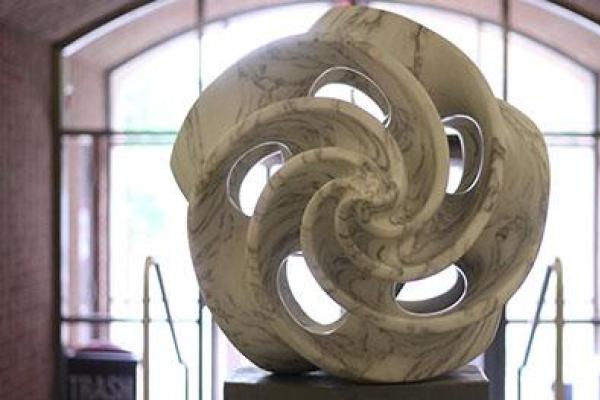
Title: Identifying invertiblility of bimodule categories
Speaker: Jacob Bridgeman (Ghent University)
Abstract: Fusion categories, and their module categories, have many applications in both mathematics and physics. One notion of equivalence between fusion categories is Morita equivalence, which is witnessed by an invertible bimodule category. We provide a readily verifiable condition for deciding if a given bimodule category is invertible. This condition makes use of the skeletal data, and utilizes orthogonality of characters of annular algebras. We then extend this to generalized Schur
orthogonality of matrix elements in this setting.
Generalized Schur orthogonality in this setting has application in physics. We show that it is equivalent to the notion of MPO-injectivity, which is central to the study of topological orders with tensor networks. This closes an open question concerning tensor network representations for string-net models and plays a central role in the study of generalized symmetries.
Based on arXiv:2211.01947
Work with Laurens Lootens and Frank Verstraete
